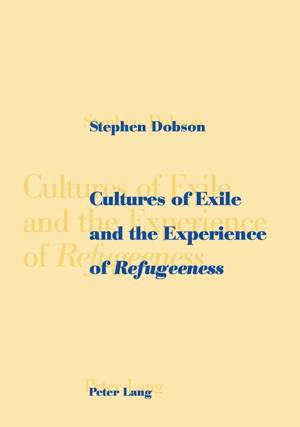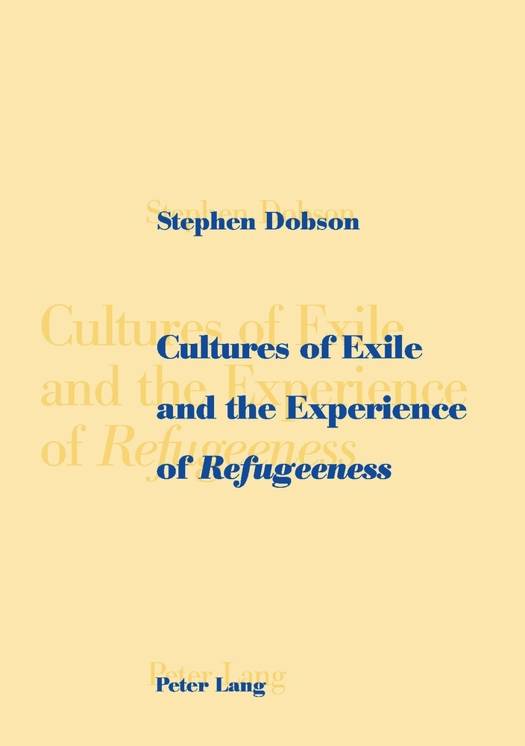
- Afhalen na 1 uur in een winkel met voorraad
- Gratis thuislevering in België vanaf € 30
- Ruim aanbod met 7 miljoen producten
- Afhalen na 1 uur in een winkel met voorraad
- Gratis thuislevering in België vanaf € 30
- Ruim aanbod met 7 miljoen producten
Zoeken
€ 128,95
+ 257 punten
Omschrijving
Refugee research and debate have focused on international agreements, border controls and the legal status of asylum seekers. The lived, daily life of refugees in different phases of their flight has thus been unduly neglected. How have refugees experienced policies of reception and resettlement, and how have they individually and collectively built up their own cultures of exile?
To answer these questions the author of this study has undertaken long-term fieldwork as a community worker in a Norwegian municipality. Refugees from Chile, Iran, Somalia, Bosnia and Vietnam were on occasions subjected to exclusionary and discriminatory practices. Nevertheless, restistance was seen in the form of a Somali women's sewing circle, the organisation of a multi-cultural youth club, running refugee associations and printing their own language newspapers.
Moreover, in activities such as these, refugees addressed and came to terms with a limited number of shared existential concerns: morality, violence, sexuality, family reunion, belonging and not belonging to a second generation. Drawing upon these experiences a general theory of refugeeness is proposed. It states that the cultures refugees create in exile are the necessary prerequisite for self-recognition and survival.
To answer these questions the author of this study has undertaken long-term fieldwork as a community worker in a Norwegian municipality. Refugees from Chile, Iran, Somalia, Bosnia and Vietnam were on occasions subjected to exclusionary and discriminatory practices. Nevertheless, restistance was seen in the form of a Somali women's sewing circle, the organisation of a multi-cultural youth club, running refugee associations and printing their own language newspapers.
Moreover, in activities such as these, refugees addressed and came to terms with a limited number of shared existential concerns: morality, violence, sexuality, family reunion, belonging and not belonging to a second generation. Drawing upon these experiences a general theory of refugeeness is proposed. It states that the cultures refugees create in exile are the necessary prerequisite for self-recognition and survival.
Specificaties
Betrokkenen
- Auteur(s):
- Uitgeverij:
Inhoud
- Aantal bladzijden:
- 348
- Taal:
- Engels
Eigenschappen
- Productcode (EAN):
- 9783906768007
- Verschijningsdatum:
- 14/06/2004
- Uitvoering:
- Paperback
- Formaat:
- Trade paperback (VS)
- Afmetingen:
- 148 mm x 210 mm
- Gewicht:
- 479 g

Alleen bij Standaard Boekhandel
+ 257 punten op je klantenkaart van Standaard Boekhandel
Beoordelingen
We publiceren alleen reviews die voldoen aan de voorwaarden voor reviews. Bekijk onze voorwaarden voor reviews.











